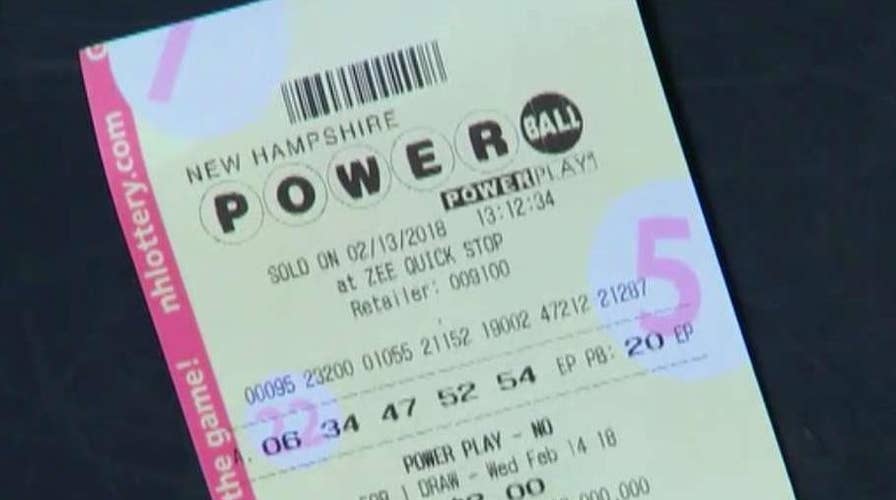Judge hears case of Powerball winner seeking privacy
Lottery winner in New Hampshire fights for her right to remain anonymous; Molly Line reports from New Hampshire.
A New Hampshire woman who won a $559.7 million Powerball jackpot will be donating up to $50 million of her winnings to charities that feed hungry children and help young girls in the state, her lawyers said.
The woman, identified only as Jane Doe, made the announcement through her lawyers at a press conference on Wednesday after the New Hampshire Lottery Commission handed over the winnings to the woman’s lawyers through a trust fund.
She is donating $150,000 to Girls Inc., an organization that provides “thousands of girls with life-changing experiences and solutions to the unique challenges girls face,” and $33,000 each to three chapters of End 68 Hours of Hunger, a not-for profit group that battles hunger students experience outside the free meals provided during school.
It is the first of what her lawyers said would be donations over the years of between $25 million to $50 million during her lifetime.
“She knows there are many charities that do good work and need money but we want to start with these two ... because she believes that the children are our future," her lawyer William Shaheen said.
After learning she had the winning ticket from the January 6 drawing, the woman signed the back of the ticket without realizing that doing so would result in her name and address being made public.
Under New Hampshire law, a lottery winner’s name, town and prize amount become public information.
"She is a longtime resident of New Hampshire and is an engaged community member," the woman’s attorney wrote in court documents. "She wishes to continue this work and the freedom to walk into a grocery store or attend public events without being known or targeted as the winner of a half-billion dollars."
The state’s Lottery Commission approved a trust fund allowing the woman to receive the money as the courts decide whether or not it is legal for her identity to be released.
Officials from the two charities appeared to be stunned by the donations that they said dwarfed anything they had received before. The money will allow them to greatly expand their services, including more programs for girls and meals for children.
The Associated Press contributed to this report.


